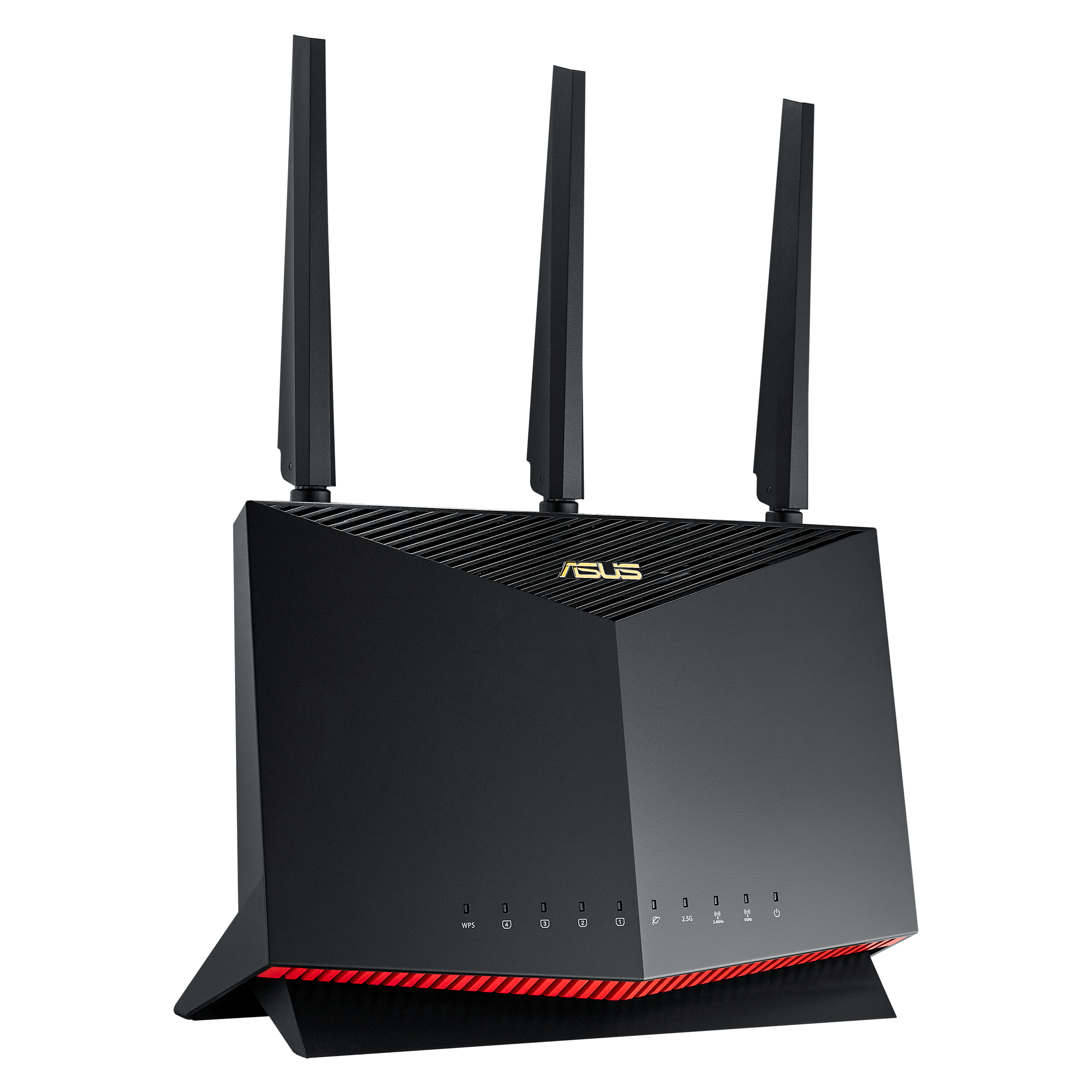Likely no one knows for certain until Asus officially indicates if they'll update the three listed EOL models (RT-AC87U, RT-AC66U, RT-AC56U). Probably best to keep an eye on, or out for, announcements directly from Asus:
https://www.asus.com/content/ASUS-Product-Security-Advisory/
Buried at the bottom of a techspot.com article posted yesterday, touches on those three EOL models:
Cyclops Blink botnet is attacking and actively exploiting Asus routers
If Asus doesn't update EOL products affected by this vulnerability/botnet then customers with those devices will have to find other ways to protect those devices or take them offline completely and buy new hardware. Some will stop buying Asus products altogether. As recent security vulnerabilities in other products have shown, some manufacturers (for example Western Digital and
certain My Cloud models) simply stop supporting EOL or near EOL products and tell users to; remove them (or block them) from the internet or replace the affected product with a newer (supported) one. End of all firmware support/updates has always been fact of life with certain old/EOL products and certain manufacturers.
While I know literally
nothing about this beyond what has been made public, some "common sense" observations for those falling trap to the "over sensationalization" that seems to be running amok:
1. At least given what has been made public by Trend & Asus, it seems very likely that anyone who has updated their router just once in the past 12 months should be fine as >=386 has been out for that amount of time. For those of us on top of our updates, there have been as many as 8 to 10 updates since then. Even if you had your reasons to wait a few months after an update ships, you should be fine. Of course, we know that the issue is more folks who don't ever update.
2. For routers that are unsupported (and have been for the past year), it seems perhaps like maybe you're past due for a router refresh. I get that there are a couple of exceptions, but for the most part, Asus does a MUCH better job than anyone else in the consumer router space. My last Linksys got - count it - ONE update in its entire lifetime. Worse, I kept waiting for updates that never came, because they didn't communicate the lifecycle. I've had my Asus router long enough to go through the warranty span many times over, open it up and replace the thermal paste, but I still get regular updates. If you're running a 10+ year old router, it might be time. It isn't like you can't get one that's much faster for less than you paid for that one 10+ years ago. And keep the old one to run as an extender or AP or spare if something happens. Some may even run open source if you venture down that path. Or, for ~$300 you can get a "router" (x64 PC) that likely never goes completely obsolete, provided you're willing to tinker and do what it takes to keep it running (not for the faint of heart).
3. Again, whilst we don't seem to know much about the specific vulnerability, it does seem clear that following best practices including, but not limited to, NOT opening your router up to remote administration is perhaps a factor. The only times I've ever suspected compromise were due to this.
4. Once a year or more, audit your router - check for features you enabled that you don't use. Check for abnormal activity like open ports or remote administration that you didn't enable. If you're compromised, hard reset fixes most issues, but if you're still unsure afterwards, just don't take the chance. The cost of a new router isn't worth the risk - and I'm all about not spending money. A compromised router puts your entire network and everything connected to it at risk.
5. If your router is behind another device with firewall/NAT (not that uncommon for ISPs who provide modem/router combos), or if it's running in any other mode besides router, you're probably ok, provided the main router itself isn't compromised. I certainly wouldn't chance it - always update everything - but running a WiFi AP that's a year behind on updates is maybe less risky than running a router sitting on the Internet.
6. I would bet that an inventory of all consumer routers out there, there are many, many more that are compromised in some way - but there's no one like Asus or Trend looking out for them - because sadly, many companies don't care after the sale is done.
7. Professional routers, even prosumer routers can be expensive and hard to maintain. This isn't necessarily the right answer for everyone either. I could have replaced my Asus router many times over for the price.
In the words of Douglas Adams: "Don't Panic".


